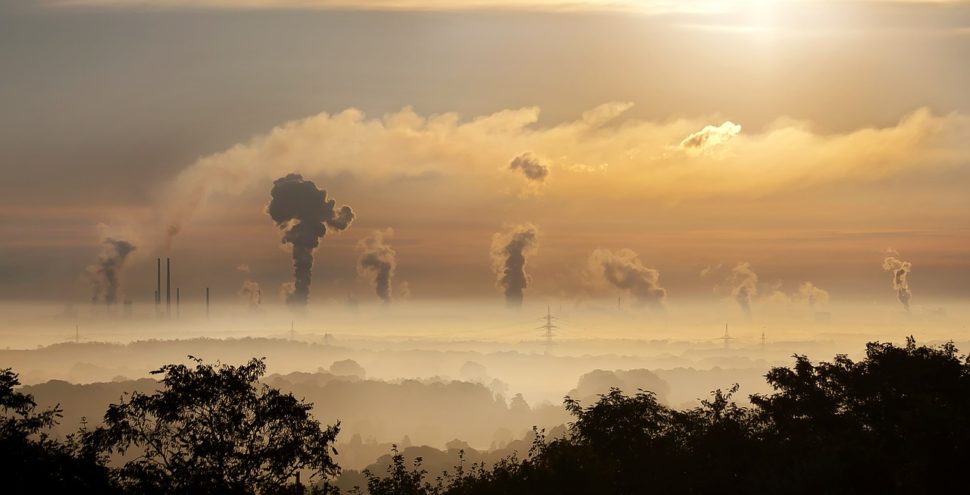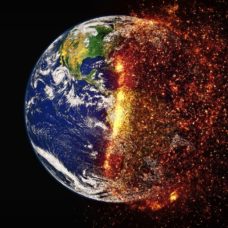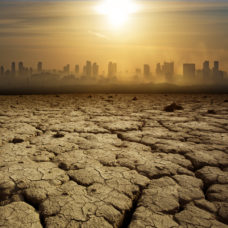As environmental pollution types go, air pollution is one of the most common and with the most harmful effects on health.
The atmosphere can become polluted by different kinds of aerosols which we breathe in on a daily basis.
Toxic gases, smoke, and vapors infecting the air can also fall as acid rain or create smog around cities.
With the global scope of air pollution, counting air pollution as a violation of human rights and setting tougher regulations is the least the United Nations can do.
And the U.N has to act fast because estimates, including its own, of the number of air pollution victims have been way wide of the mark.
Death Toll of Air Pollution Largely Underestimated
Air pollution is silently killing twice as many people than previously estimated.
A study published in the European Heart Journal suggests that fine particles could cause 800,000 premature deaths each year in Europe and 8.8 million worldwide.
That’s almost double the previous estimates.
In 2015, a study by the Max Planck Institute for Chemistry in Mainz, Germany, and the London School of Hygiene & Tropical Medicine estimated that about 4.5 million people died prematurely from air-related diseases.
According to Thomas Münzel, co-author of the study:
“The number of deaths from cardiovascular disease that can be attributed to air pollution is much higher than expected. In Europe alone, the excess number of deaths is nearly 800,000 a year and each of these deaths represents an average reduction in life expectancy of more than two years,”
That number also makes air pollution reach fatality levels higher than those of smoking. WHO estimates tobacco-related deaths to be over 7 million deaths each year. And air pollution is more dangerous because while you can avoid smoking tobacco or limit your exposure to it, you can’t avoid ambient air.
Read More: ESA’s Sentinel-5P Instrument Shows the Scale of Air Pollution on Earth
The findings of the present study are more alarming to poor people, and evoke the concept of environmental justice.
Last year, the World Health Organization (WHO) said that 90 percent of people around the world breathe contaminated air, and gave the number of 3.3 million deaths due to ambient air pollution.
According to the report:
“More than 90% of air pollution-related deaths occur in low- and middle-income countries, mainly in Asia and Africa, followed by low- and middle-income countries of the Eastern Mediterranean region, Europe and the Americas,”
Air pollution is an issue that’s primarily related to the global energy and mobility system. We use fossil fuels to run our cars and transport goods. Many countries around the world still rely on coal to get their economy moving. However, there is a possibility that, if future trends continue, we may see a reduction in the use of fossil fuels and, in turn, rising levels of air pollution.



















Comments (0)
Most Recent